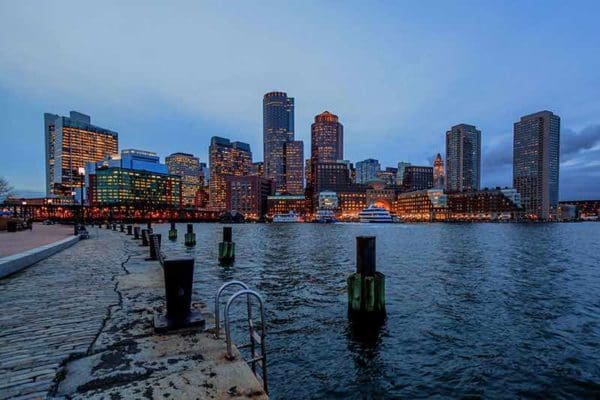Vermont Should Create a “Climate Superfund” to Hold Big Oil Accountable
Vermont can make Big Oil pay for its role in climate change with the Climate Superfund bills.
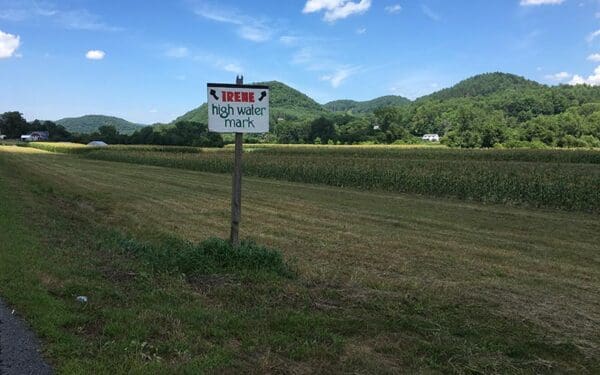
Vermont can make Big Oil pay for its role in climate change with the Climate Superfund bills.

Clean energy can help us slash the carbon pollution driving heat waves, storms, and floods.
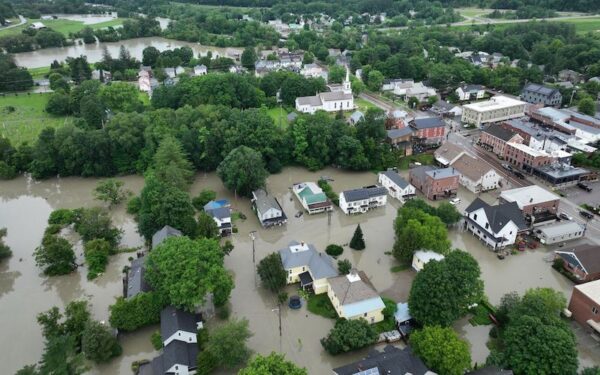
Across modes of transportation, neighborhoods, and seasons, extreme weather threatens the safety of MBTA riders.

As eversource plows ahead with plan to build a dangerous electrical substation in East Boston, CLF and GreenRoots continue with fight to stop it.
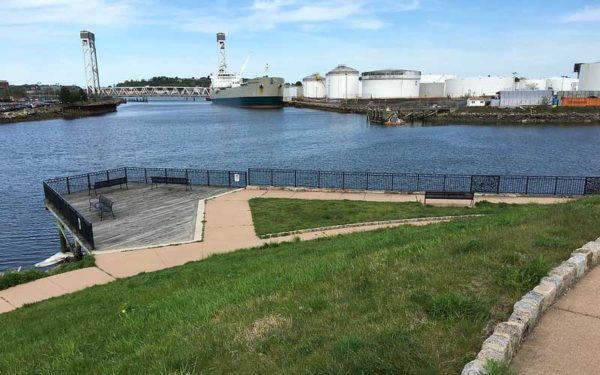
Vermont can do more to protect residents and communities from the devastating impacts of flooding.
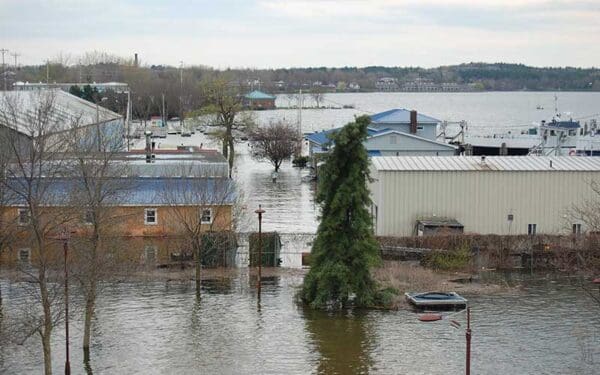
Climate change is already bringing more severe and frequent storms. Despite knowing the risks, state regulators have failed to require new homes and businesses be built with climate impacts in mind. We’re pushing to change that.
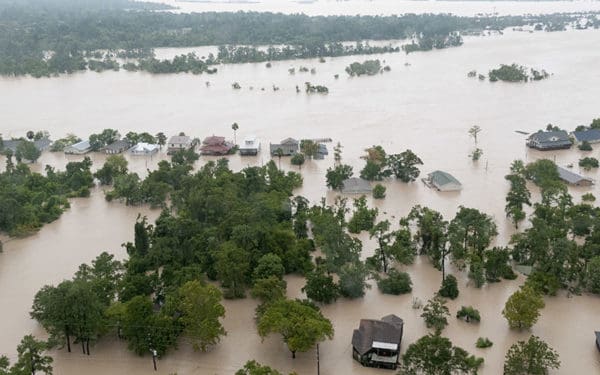
“This ad hoc, parcel-by-parcel, project-by-project resilience approach is not a long-term solution,” she said, asking instead for “a better strategy” to bring the development community into conversation and leverage new development to build protections that benefit the entire neighborhood.
“The tragedy in Texas is just the latest example of the climate crisis threatening critical infrastructure and endangering lives,” said Deanna Moran, Director of Environmental Planning at CLF. “To protect the public from these catastrophic impacts, investor-owned utilities must prepare for extreme temperatures, extreme precipitation, storms, and sea-level rise now. Taking the right steps now will avoid disaster down the road.”
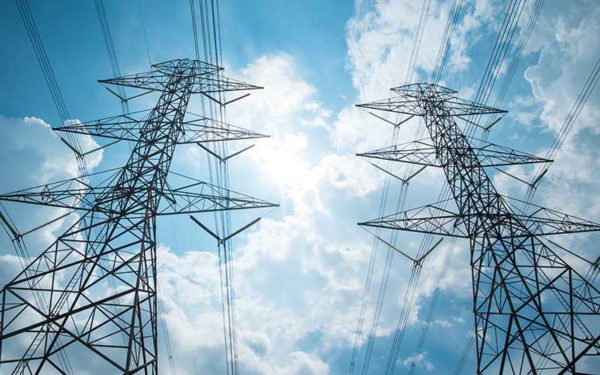
“This terminal sits directly in harm’s way and is already a terrible threat to the health of surrounding communities,” said Brad Campbell, President of CLF. “This facility was severely threatened by storm surge and floodwaters in Superstorm Sandy, and an ill-conceived expansion plan will invite catastrophe. Gulf must recognize the reality of the climate crisis and ensure that a facility in this location can withstand the impacts without dumping oil and other toxic materials into New Haven Harbor.”
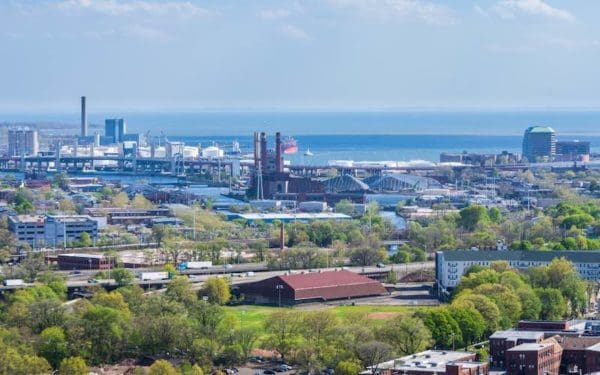
“The public can’t access protected public spaces if they are underwater,” said Bradley Campbell, President of CLF. “Rising seas and more intense storms are already inundating parks and developed properties once safely above the tide line — a sobering glimpse of the more dramatic changes to come. It’s up to our elected officials to protect these public spaces and all of our waterfront neighborhoods from the looming risks of climate change before it’s too late.”
